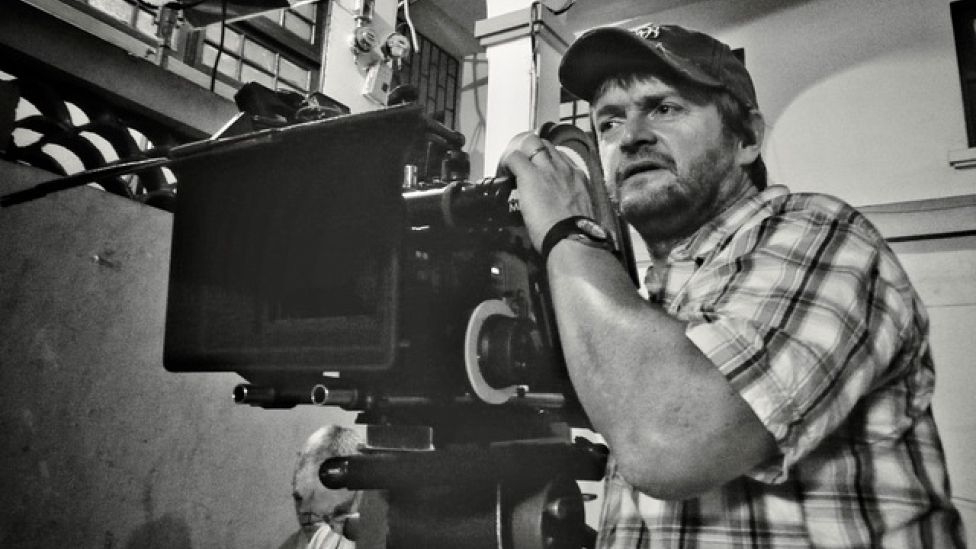-

-
-
Loading

Loading

Following the recent strikes by writers and actors, the entertainment industry in Hollywood is resuming work. However, there is a growing concern about the lack of prioritization of health and safety, which has resulted in accidents and even loss of lives on film and TV sets. One tragic incident that highlighted these hazards occurred in 2021, when cinematographer Halyna Hutchins was killed by a real bullet fired from a prop gun being used by actor Alec Baldwin on the set of the film Rust. Another accident in the UK on the set of BBC's Top Gear led to the suspension of filming after presenter Freddie Flintoff was injured in a crash. The national safety regulator in the UK, the Health and Safety Executive, decided not to investigate further into the Top Gear accident, leading to widespread concern about poor safety practices in the country's film and TV industry. These concerns are not new, as the son of Hollywood star Rory Kinnear, actor Roy Kinnear, died in 1988 while filming The Return of the Musketeers. Kinnear emphasizes that safety practices on set have not significantly improved since then. Industry figures are now calling for a change, stating that the production of increasingly ambitious projects requires addressing the dangers involved. The president of the British Society of Cinematographers, Christopher Ross, highlights that film sets are becoming more like construction sites, posing numerous risks to workers. He argues that the film industry must take proper responsibility for ensuring safety. The need for improved health and safety regulation and training in the industry is evident to Andra Milsome, whose husband Mark was killed while filming. The coroner emphasized that safety was not effectively managed in his case. Despite this, there has been minimal progress, leaving the Milsome family and others frustrated. Calls for standardizing training and regulation have been made, as well as the need for a change in the law to enable better investigation and enforcement by the regulators. A questionnaire sent to members of Bectu, a union representing workers in the industry, revealed that many have felt their safety compromised at work and believe there should be more formal safety protocols and standards. However, due to the freelance nature of many film workers in the UK, there is hesitancy in questioning decisions made on set, fearing professional consequences. In some cases, risk assessments are only conducted after filming is complete to meet tight deadlines, causing potential safety risks. The recent pause in production during the Covid-19 pandemic and the strikes has provided an opportunity for reflection and reassessment of health and safety practices. With the increasing demand for film and sound studios, experts warn that a lack of proper training and skills could become a concern. To address these issues, the Mark Milsome Foundation and ScreenSkills, an industry training body, propose the implementation of a health and safety "passport" that includes job-specific training levels. This qualification would be digitally recorded and accessible to employers for verification. Ultimately, industry professionals, corporate bodies, and government entities must collaborate to ensure the necessary changes are made. If required, high-level legal changes should be pursued to prioritize safety on film sets and prevent further accidents and loss of life.